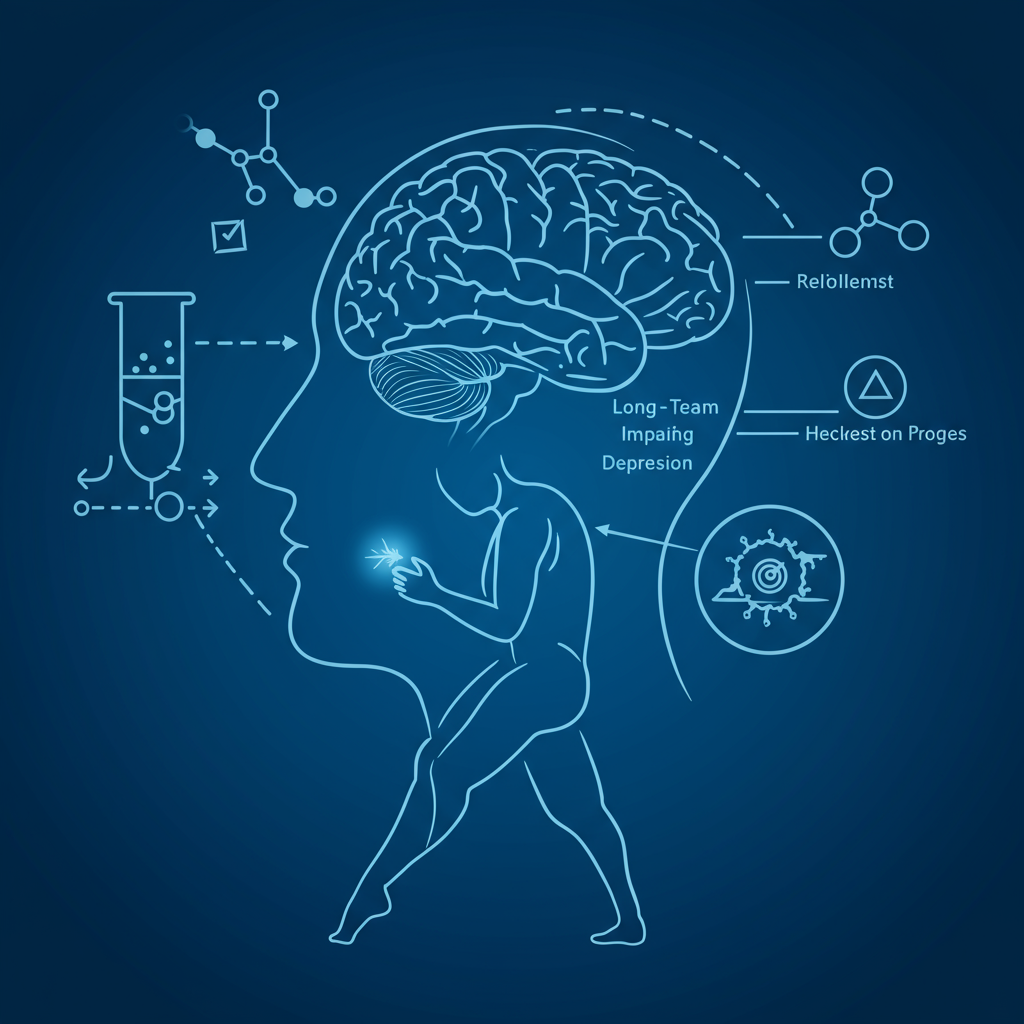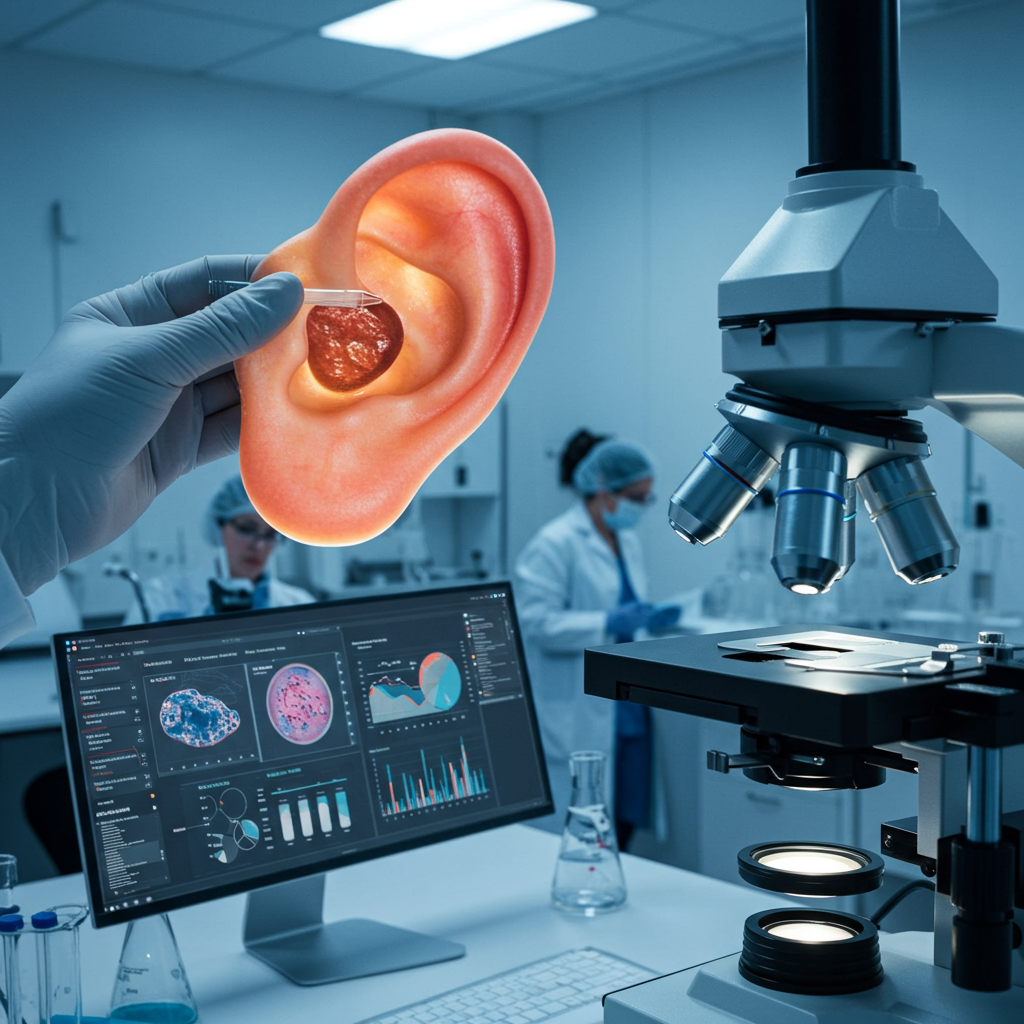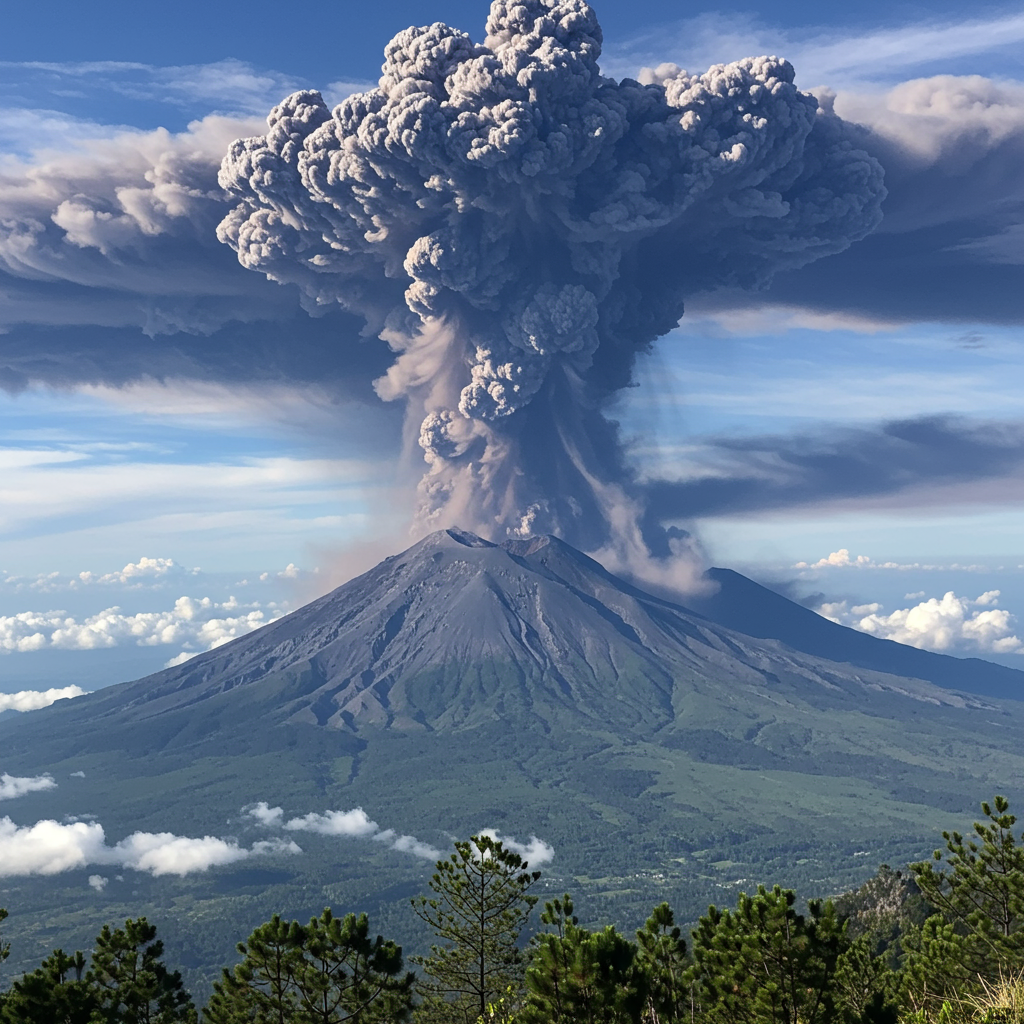Single Psilocybin Dose Shows Remarkable Long-Term Impact on Depression
Denver – New research suggests that psilocybin, the psychoactive compound found in magic mushrooms, could offer remarkably long-lasting relief for major depressive disorder (MDD), with a small study indicating benefits potentially lasting for at least five years after just a single dose administered as part of a therapeutic protocol.
The findings, presented at the Psychedelic Science 2025 conference, provide a rare glimpse into the potential durability of psilocybin’s antidepressant effects, a key question in the burgeoning field of psychedelic-assisted therapy.
Major depressive disorder is a debilitating mood disorder characterized by persistent sadness and loss of interest in activities. While conventional treatments like talk therapy and antidepressants can be effective, they often require ongoing use and may take time to show results. Early studies into psilocybin’s potential hinted at faster, more profound effects, prompting researchers to explore its use for severe depression.
The new study is a follow-up to the first-ever randomized clinical trial on psilocybin for severe MDD, which initially involved 24 patients. Half received psilocybin therapy immediately, and half eight weeks later, with all participants also receiving 11 hours of psychotherapy. The initial four-week results were promising, showing rapid and significant symptom reduction compared to the waitlist group. One month after treatment, many patients achieved full remission.
Do the Benefits of Psilocybin Last?
The critical question has been whether these benefits endure over time. Conducting long-term studies on psychedelic therapy is challenging due to patient dropout and the potential for individuals to pursue other treatments, which can complicate data interpretation.
To investigate this, researchers reached out to the original trial participants several years later for a follow-up study. Twenty-one patients enrolled. Clinicians assessed changes in their depression levels, while participants completed self-report questionnaires and met with clinicians to evaluate their ability to function, anxiety levels, and overall mental health. Taking a conservative approach, researchers assumed participants not enrolling or completing questionnaires were not in remission.
Despite these assumptions, the results were striking: an estimated 67% of the participants who had suffered from depression five years prior remained in remission following their single psilocybin therapy session. These patients also reported reduced anxiety and fewer difficulties in daily functioning. Beyond symptom relief, they often described lasting positive shifts in their mindsets, emotional well-being, and relationships.
“These deeper aspects of their lives… really speak to the importance of these interventions beyond just reduction of depression,” noted study co-author Alan Davis, director of the Center for Psychedelic Drug Research and Education at The Ohio State University.
How Psilocybin Might Drive Lasting Change
Researchers are exploring the biological mechanisms that could explain how a single psychedelic experience might lead to such sustained effects. Unlike conventional antidepressants that are taken daily, psilocybin’s acute effects wear off within hours, yet its influence appears to persist for weeks or months.
Studies suggest that psilocybin acts as a “psychoplastogen,” rapidly promoting neuroplasticity – the brain’s ability to reorganize itself by forming new neural connections. Research indicates that psilocybin can increase connectivity between different brain regions, particularly in areas that become segregated and rigid in depression. This increased brain flexibility and integration has been observed to last for up to three weeks after treatment and is correlated with reported improvements in depressive symptoms.
Specifically, studies show psilocybin can disrupt the default mode network (DMN), a brain network associated with self-referential thought and rumination that is often hyperactive in depression. A persistent reduction in connectivity between the DMN and regions like the hippocampus, crucial for memory and perception, has been observed for weeks post-dose. This prolonged alteration may contribute to a lasting increase in flexibility in how individuals perceive themselves and their environment, making the brain more receptive to therapeutic processing.
This mechanism appears different from how traditional antidepressants work, which primarily modulate neurotransmitter levels. Psilocybin, via its interaction with serotonin 5-HT2A receptors, seems to initiate deeper, structural changes that could help the brain break out of entrenched negative patterns characteristic of depression.
Crucially, the therapeutic effect is believed to stem from a synergy between the drug’s ability to induce a state of heightened neuroplasticity and the subjective psychedelic experience itself, supported by intensive psychotherapy. Most patients in the study reported engaging in significant self-reflection and therapy after their psilocybin session, suggesting the experience can act as a catalyst for deeper psychological work.
Context and Caveats
While the five-year follow-up results from this small trial are highly encouraging, it’s important to consider them within the broader research landscape. The primary limitation acknowledged by experts is the study’s small sample size (21 patients in the follow-up).
Larger, multi-site clinical trials have also demonstrated psilocybin’s efficacy, though with varying remission rates compared to the initial results of this small study. For example, a Phase 2 trial involving 104 participants found that a single psilocybin dose with psychological support significantly reduced depression symptoms compared to a placebo for at least six weeks. Another larger trial reported a 37% remission rate among participants receiving a single dose plus therapy. These studies, while reporting less widespread effects than the very early, small trial, still strongly support psilocybin’s potential as an effective treatment, and researchers are keen to see how their long-term outcomes compare.
Experts emphasize that psilocybin therapy is administered under carefully controlled conditions with trained professionals providing extensive psychological support before, during, and after the dosing session. The promising results from clinical trials should not be interpreted as an endorsement for self-medication with magic mushrooms outside of a supervised medical context, which can be unpredictable and potentially unsafe.
The findings from this five-year follow-up, coupled with evidence of persistent brain changes and positive results from larger, shorter-term trials, reinforce the potential of psilocybin-assisted therapy as a new paradigm for mental health treatment. Further research with larger participant groups and longer follow-up periods is needed to confirm these lasting effects and fully understand who benefits most and why.




